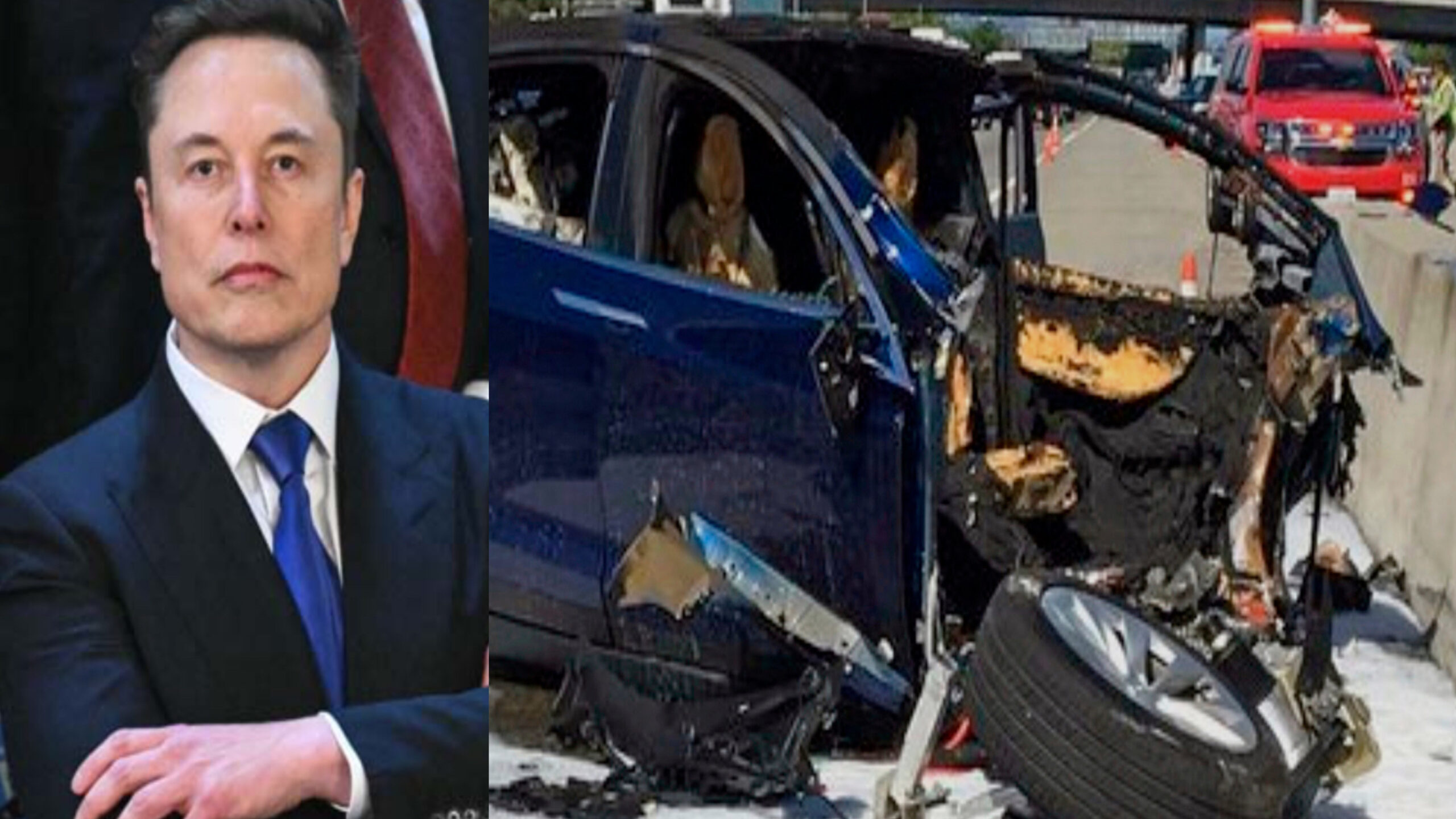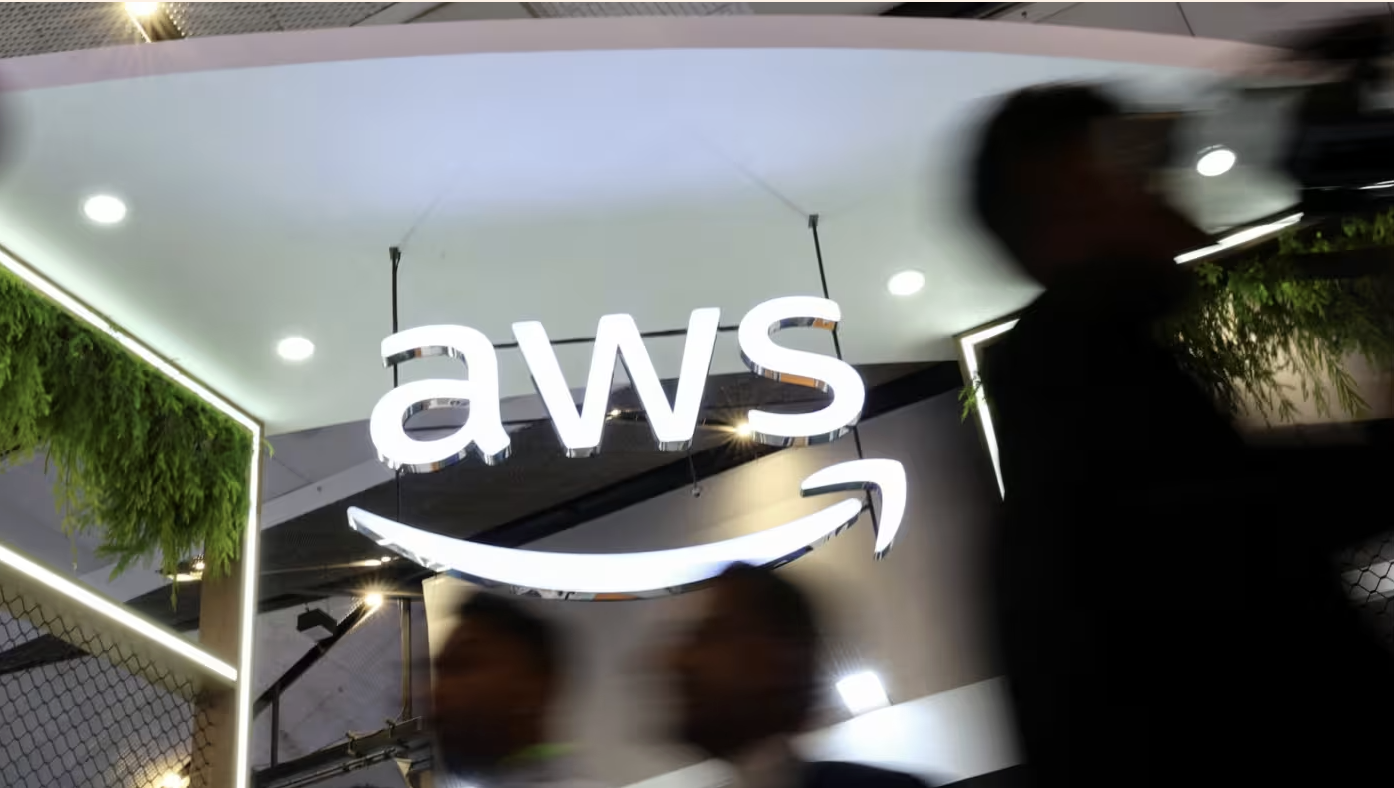
Tesla has been ordered to pay $242 million to the family of a woman killed in a crash linked to its Autopilot system. Learn the details, implications for Tesla, and the future of self-driving technology.
In a landmark legal decision that could reshape the public perception and future regulation of autonomous vehicle technology, Tesla has been ordered to pay $242 million to the family of a 20-year-old woman who tragically died in a high-speed crash. The court determined that Tesla’s Autopilot system malfunctioned, directly contributing to the fatal accident.
This decision has major implications—not just for Tesla, but for the entire self-driving car industry. It raises serious concerns about the safety and reliability of AI-driven systems, especially those marketed as capable of managing complex real-world driving scenarios.
What Happened?
The case centers around a young woman, identified in legal documents as Michelle Jordan, who was driving her Tesla Model 3 on a California highway in 2022. According to court records and expert testimony, she had engaged Tesla’s Autopilot system, which the company promotes as a semi-autonomous driving feature that can steer, accelerate, and brake automatically.
Unfortunately, during her drive, the system allegedly malfunctioned at high speed, misjudging a curve and failing to detect a concrete barrier. The vehicle crashed at full force, resulting in Michelle’s immediate death.
Tesla had argued that the driver failed to maintain control and was distracted, but the jury disagreed. They found that Tesla’s technology bore primary responsibility for the accident and awarded $242 million in damages to Michelle’s grieving family.
Autopilot: Marketing vs Reality
Tesla’s Autopilot system has long been a subject of controversy. Despite the name “Autopilot,” Tesla vehicles are not fully autonomous. Drivers are told to remain alert and keep their hands on the wheel at all times. However, critics argue that the company’s branding and promotional videos create a false sense of security among consumers, leading some to overtrust the system’s capabilities.
In this case, the court emphasized that Tesla did not provide adequate warnings or safeguards to prevent users from relying too heavily on the system. In fact, internal company emails revealed during the trial showed that engineers were aware of navigation flaws in Autopilot but did not take sufficient action.
The Jury’s Verdict
After weeks of intense courtroom debate and expert testimonies, the jury ruled decisively in favor of the plaintiff. They awarded:
- $32 million in compensatory damages for economic and emotional losses
- $210 million in punitive damages designed to punish Tesla and discourage similar negligence in the future
Legal analysts have called this one of the largest wrongful death awards linked to an autonomous vehicle accident in U.S. history.
The judge stated, “This verdict should serve as a warning to tech companies: when you sell life-critical software, you bear responsibility for its failures.”
Tesla’s Response
Tesla has announced plans to appeal the ruling, calling the verdict “deeply disappointing” and “not reflective of the facts.” A company spokesperson said:
“We continue to believe that Autopilot enhances driver safety when used as directed. We disagree with the verdict and will vigorously pursue an appeal.”
Nonetheless, the public reaction has been swift, with calls growing louder for federal regulation of self-driving technology. The National Highway Traffic Safety Administration (NHTSA) is reportedly reviewing the case and may reopen broader investigations into Tesla’s Autopilot system.
What This Means for Tesla
The verdict is a serious blow to Tesla’s reputation and its future in the self-driving car market. While Tesla remains a leader in EV innovation, its self-driving ambitions have faced growing scrutiny.
Here’s what this ruling could mean going forward:
- Increased Legal Liability: More lawsuits may follow, especially if other families believe Autopilot contributed to accidents involving loved ones.
- Investor Caution: Tesla’s stock dropped 3% in after-hours trading following the verdict, showing that investors are concerned about the financial and reputational damage.
- Regulatory Pressure: Lawmakers may be compelled to impose stricter safety standards and advertising restrictions on semi-autonomous systems.
The Bigger Picture: Autonomous Cars Under the Microscope
Tesla isn’t the only company developing self-driving technology. Waymo, Cruise, Apple, and even traditional automakers like Ford and GM are investing billions into autonomous vehicles.
But this verdict sends a clear message: “Innovate, but not at the cost of human lives.”
As the world races toward an autonomous future, the public must be protected with clear regulations, transparency, and accountability. Autopilot systems are not yet infallible, and companies must clearly communicate that to consumers.
Lessons Learned
Michelle Jordan’s death is a heartbreaking reminder that even the most advanced technology can fail—and that failure can be deadly when it involves fast-moving vehicles.
The lessons here are both personal and systemic:
- For consumers: Always understand the limitations of your vehicle’s technology.
- For manufacturers: Transparency and rigorous safety testing must be non-negotiable.
- For regulators: It’s time to update the laws and standards governing autonomous systems before more lives are lost.
Final Thoughts
The $242 million verdict against Tesla may mark a turning point in the conversation around autonomous vehicles. While technology will continue to evolve, the lives of real people hang in the balance. As we hand more control to machines, we must demand safety, responsibility, and oversight.
Michelle’s story is tragic, but it may also spark the change needed to prevent future deaths. And that would be the most meaningful legacy of all.
TRENDLOOPDAILY…





